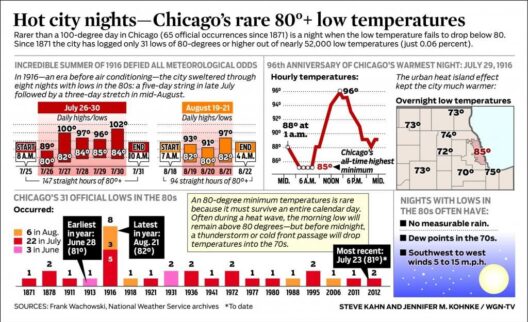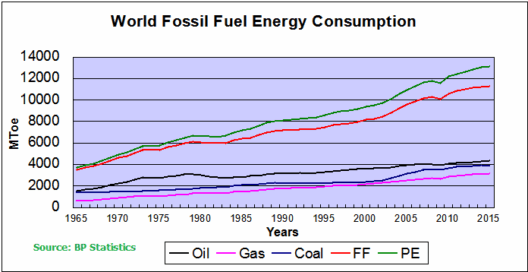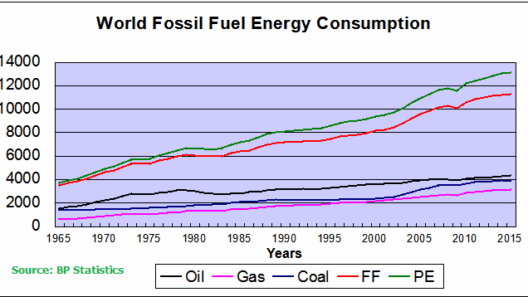As the world grapples with the escalating crisis of climate change, it is imperative to scrutinize all significant contributors to this phenomenon. Among these contributors, livestock production stands out as a potent driver of global warming. Acknowledging its profound environmental implications is crucial for fostering a sustainable future.
At the crux of this issue lies the staggering emissions produced by livestock. It is estimated that the livestock sector accounts for approximately 14.5% of all human-induced greenhouse gas emissions. This figure, while staggering, does not fully encapsulate the myriad of ways in which livestock production impacts our planet. Ruminant animals, particularly cattle and sheep, produce methane during digestion—a gas that is more than twenty times more potent than carbon dioxide over a two-decade period. The emergence of this potent greenhouse gas highlights the necessity for a paradigm shift in agricultural practices.
Furthermore, land use changes related to livestock grazing are alarming. Over 70% of previously forested areas in the Amazon have been cleared for pastureland. This rampant deforestation serves not only to release stored carbon into the atmosphere but also to diminish biodiversity. Forests act as crucial carbon sinks, absorbing immense amounts of CO2. As livestock farming expands, these vital ecosystems suffer irreversible harm, thus amplifying the cycle of climate change.
The water footprint of meat production adds another layer of complexity to this discussion. It is commonly overlooked, yet an average beef burger requires approximately 1,800 gallons of water for production. This daunting statistic underscores the inefficiency of water use in animal agriculture, particularly in arid regions. The depletion of fresh water resources in relation to meat consumption raises pressing ethical questions about resource allocation and sustainability.
Moreover, the reliance on feed crops exacerbates the environmental impact of livestock production. Soybeans and corn, the primary constituents of animal feed, often necessitate large-scale monoculture farming practices. Such practices not only deplete soil nutrients but also necessitate the use of synthetic fertilizers and pesticides. Consequently, these inputs contribute to ecosystems degradation and water pollution through runoff. The interconnectedness of these factors reveals a complex and often hidden matrix of environmental harm.
Animal welfare also weaves into the fabric of this discussion. Intensified meat production systems frequently result in inhumane conditions for livestock. Ethical considerations dovetail with environmental concerns, suggesting that a shift in dietary habits can mitigate both woes. Supporting sustainable farming practices that prioritize animal welfare is just one avenue for addressing the broader implications of livestock production.
Transitioning towards plant-based diets emerges as a compelling solution. Embracing plant-based alternatives can significantly reduce individual carbon footprints, while simultaneously alleviating the pressures of livestock production on the environment. Studies suggest that if the global population shifted to a diet predominantly consisting of plants, it could curtail food-related emissions by up to 70%. The prospect of such a transition evokes questions about food security and cultural preferences, which must be navigated thoughtfully. As consumers grow increasingly aware of the environmental ramifications of their dietary choices, the tension between tradition and sustainability may very well yield innovative culinary practices.
Policymakers also have a pivotal role to play. Implementing regulations that incentivize sustainable agricultural practices can create a framework for change. Tax breaks for regenerative farming, reforestation initiatives, and subsidies for plant-based alternatives are examples of approaches that could reshape the landscape of food production. It is essential to harmonize economic viability with environmental stewardship to ensure a nuanced strategy that promotes long-term success in combating climate change.
Economic ramifications of reducing meat consumption are noteworthy. The livestock sector employs millions of individuals worldwide, and any transition away from traditional farming methods must be approached with sensitivity to the livelihoods dependent on this industry. Investing in education and training programs for farmers can facilitate this transition while preserving economic stability. By fostering a more resilient agricultural paradigm, stakeholders can promote ecological welfare while bolstering food systems.
The cultural dimension of meat consumption must not be overlooked. Meat often holds symbolic importance within various societies, serving as a centerpiece during celebrations and familial gatherings. Addressing these cultural intricacies requires a thoughtful strategy. Engaging communities in dialogues about the environmental impact of their dietary choices, while respecting traditions, can create pathways for gradual change. Bringing forth alternative practices that encompass environmental responsibility without entirely dismantling cultural identities is essential in achieving sustainable solutions.
In conclusion, the legacy of livestock production casts a long shadow over the future of our planet. To preserve biodiversity, mitigate greenhouse gas emissions, and ensure access to essential resources, a collective re-evaluation of our dietary practices is necessary. The path forward is rife with challenges, yet the promises of sustainable meat alternatives and plant-based diets spark hope. As global citizens, the responsibility lies with us to demand changes that transcend our plates and resonate within the broader context of climate change. In this endeavor, our choices today will undoubtedly shape the world of tomorrow.






